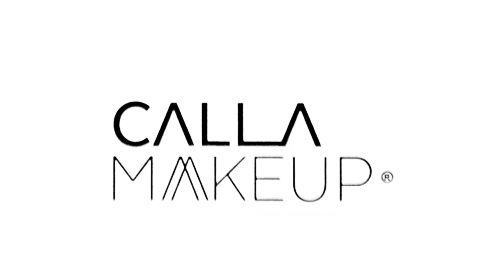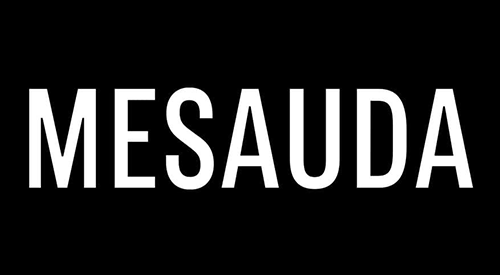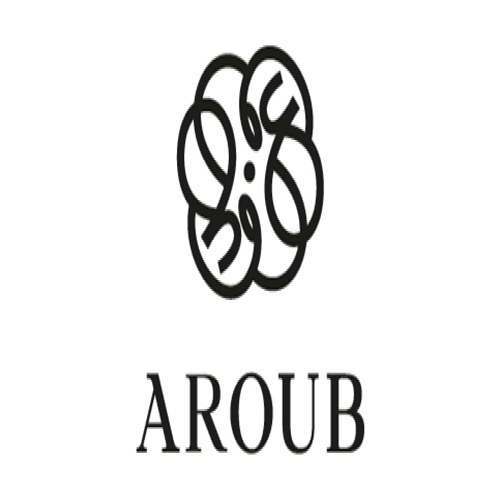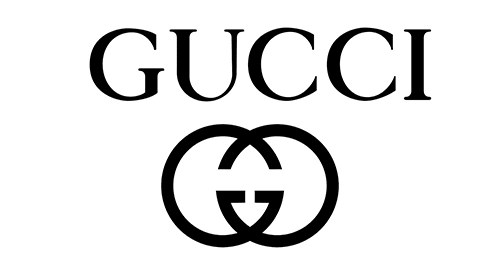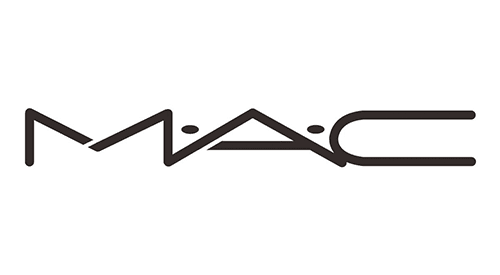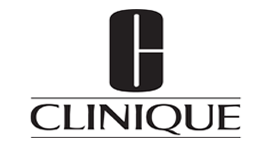Fact-Check Your Self-Care Routine
Myth 1: Toothpaste Helps Relieve Spots
Toothpaste can dry out a blemish with its drying agents but is not considered a very effective treatment. Further skin irritation from the fluorine to menthol can develop redness and inflammation of the skin, causing scarring sometimes. Since the abrasive ingredients of toothpaste cause skin irritation and germs to proliferate, they will only make the acne worse. Use treatments designed specifically to treat acne and contain active components, such as salicylic acid or benzoyl peroxide. These components clear pores, reduce irritation and destroy bacteria.
Myth 2: Shaving Causes Your Hair to Grow Back Thicker
That is a great misconception. Shaving does not affect the thickness or the rate of body hair growth. The blunt ends of newly shaved hair may be perceived to be thicker than tapered hair, creating the impression of an increase in thickness. Besides, shaving can prevent ingrown hairs because it cuts the hair slightly angled toward the hair's direction of growth and, in the opposite way, allows hair to grow straight up.
Myth 3: Varicose Veins Are Caused by Crossing Your Legs
Although frequent leg crossing is bad for circulation, varicose veins are not primarily caused by it. The most common causes of these enlarged veins include age, pregnancy, genetics, and prolonged standing. Internal valve damage or destruction is the true cause of varicose veins, since this leads to blood accumulation and vein enlargement.
Myth 4: Spots on Your Nails Are Caused by a Lack of Calcium
Another term for nail spots in medicine is "Leukonychia," which is caused by fungal infections, injuries, and underlying medical disorders. It is quite often a result of small scratches in the growth areas of nails. It almost never results from a lack of calcium. For an accurate diagnosis and treatment plan, consult a dermatologist for insight into the state of your nails.
Myth 5: Using Sunscreen Daily Is Too Much
Wear sunscreen even if the day seems to be cloudy since skin may get damaged from UV rays. It prevents sunburn, skin cancer, and skin aging if it is used quite frequently. It is recommended to use a sun protector with at least SPF 30, preferably a broad-spectrum sunscreen, especially after water sports or any activity that causes sweating. It is important to note that UV radiation affects the skin just as much on overcast and rainy days, and even during snowstorms.
Myth 6: Makeup Causes Acne
Although wearing makeup while sleeping might clog pores and result in acne, makeup does not directly cause acne. Makeup combined with bacteria and oil overnight is the culprit. For better skin, cleansing in the morning and at night is essential. Start with a gentle cleanser that's appropriate for your skin type, and be careful not to scrape too hard.
Myth 7: Oily Skin Does Not Need Moisturizing
Possibly one of the biggest myths where skin care is concerned, hydration is needed even for oily skin. When the skin gets too dry, it may further aggravate and just create more oil, leading to the production of imbalanced sebum, therefore allowing acne to worsen. A lightweight moisturizer should be used, both non-comedogenic and oil-free, so as not to clog pores. It keeps off the dryness and will just help with better oil control.
Myth 8: Niacinamide & Retinol Don't Mix
Use niacinamide and retinol serums cautiously, although it is generally recommended to use them at different times of day, morning and night. For first-time users of these active ingredients in a skincare routine, try them first separately before building up to using them together. Patch-test new serums, complete with active ingredients, to avoid adverse reactions.
Myth 9: Hypoallergenic Products Are Better for Sensitive Skin
Although hypoallergenic products are made to be less likely to trigger allergy responses, using them should not be guaranteed to be reaction-free. Individual sensitivity varies, so it's crucial to patch-test new products; if your skin problems persist, you should see a dermatologist.
Myth 10: Washing Your Hair Every Day Causes Hair Loss
Hair loss has not been directly linked to this, despite the possibility that it will deplete your hair of its natural oils. In general, hair loss usually emanates from other causes, which could be genetic, hormonal, or any medical condition you might have. In the case of dry or damaged hair, daily washing can increase the intensity of the problem.
Ultimately, by busting popular beauty misconceptions, we may make more educated judgments regarding our skin care and hair care regimens. Remember that every individual has different needs, so consulting a dermatologist for professional assistance is advised. By implementing evidence-based strategies, you can look more confident and reach your maximum beauty potential.






